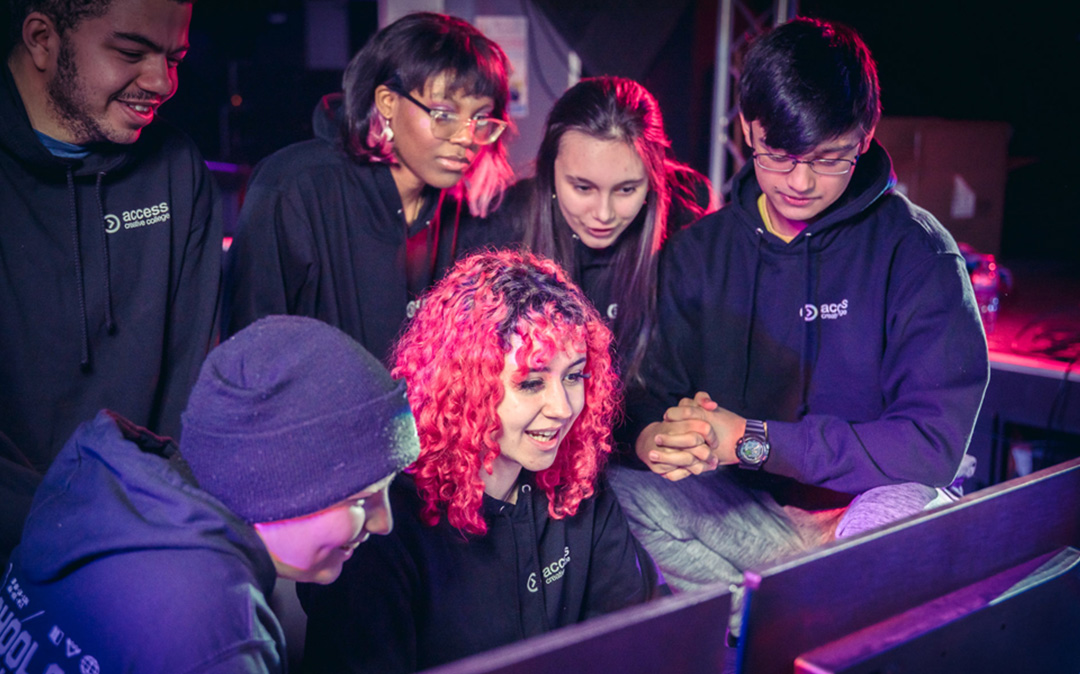Esports is big business. As the industry expands, new roles are popping up all the time, from competitors to supporting roles. There’s so many opportunities that you’re spoilt for choice with which career path you could go down within the industry. We’re here to help you figure out how to make esports work for you as a viable source of income.
How much money is there in the industry?
First off, let’s tackle the obvious. One way of making money from esports is to start or join a team, win tournaments and take home prize pots. Depending on the scale of the tournament, this can be anywhere from a few hundred pounds to a share of a whopping £47 million as we’ve seen with DOTA 2 prize pools in recent years.

How do I get a share of that money?
Achieving big wins is possible, but far from easy. If you’re starting your own team, you’ll need to find the best players you can, get them training hard and build in the key infrastructure they need to succeed including salaries, equipment and a team of people behind them to support them including coaches, managers, nutrition experts, PR and marketing teams and much more. If this takes your fancy, you can get a wealth of free advice on the British Esports Association (BEA) website right here.
You could also become a competitor on an esports team. Again, not an easy task. Playing at this level takes commitment, practice and real passion for playing your game of choice. You’ll need a rigorous training schedule, the skill to win rounds, the ability to look after your health and wellbeing so you’re able to adapt quickly to the varied situations that can come in game rounds, patience and the right equipment to help you get the most out of each competition. It’s quite a journey to get into competitive esports, but achieving success can be incredibly lucrative and fulfilling.
What other roles are there?
This next bit is really important. Esports teams aren’t defined by the players. You can have the greatest gamers in the world but without people working in the background to support them, be that marketing, nutrition, coaching, shoutcasting or another role, they might not be able to perform at their best.
Supporting roles can be a great way for someone who doesn’t want to compete but still wants a career in esports to make money. Teams are always advertising for vacancies and emerging jobs that they need the right person for, and these roles often provide transferable skills, meaning every day is varied and exciting. The industry and tournaments themselves wouldn’t work without all these incredible people in the background, and there has never been a better time than now to get stuck in. Here’s a list of just some of the supporting roles available:

If you’re interested in any of the above paths, ACC’s Esports Management course is here for you. We’re accepting applications now for September for this bespoke course, designed to give you the knowledge, skills and confidence to build a career in the industry.

















